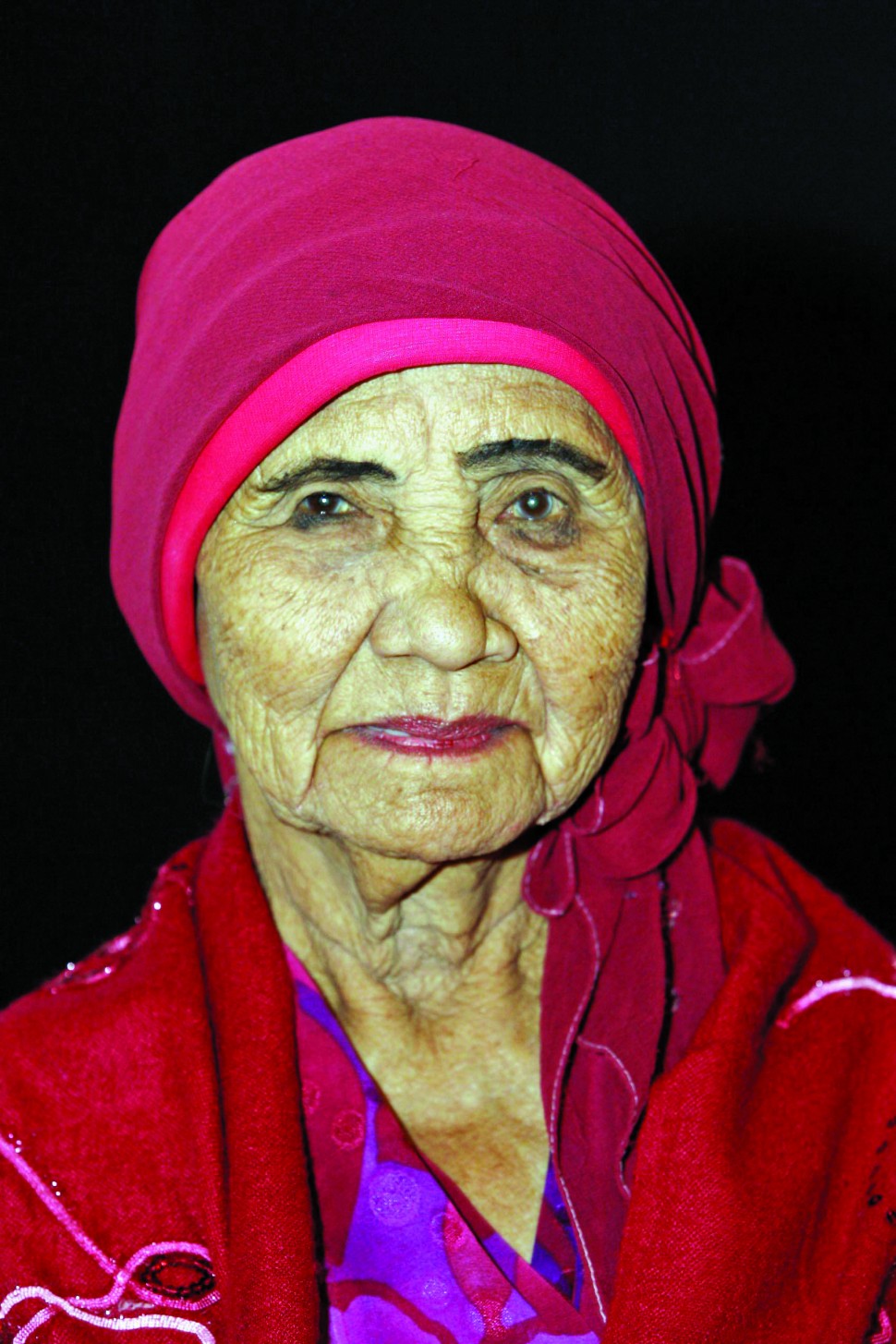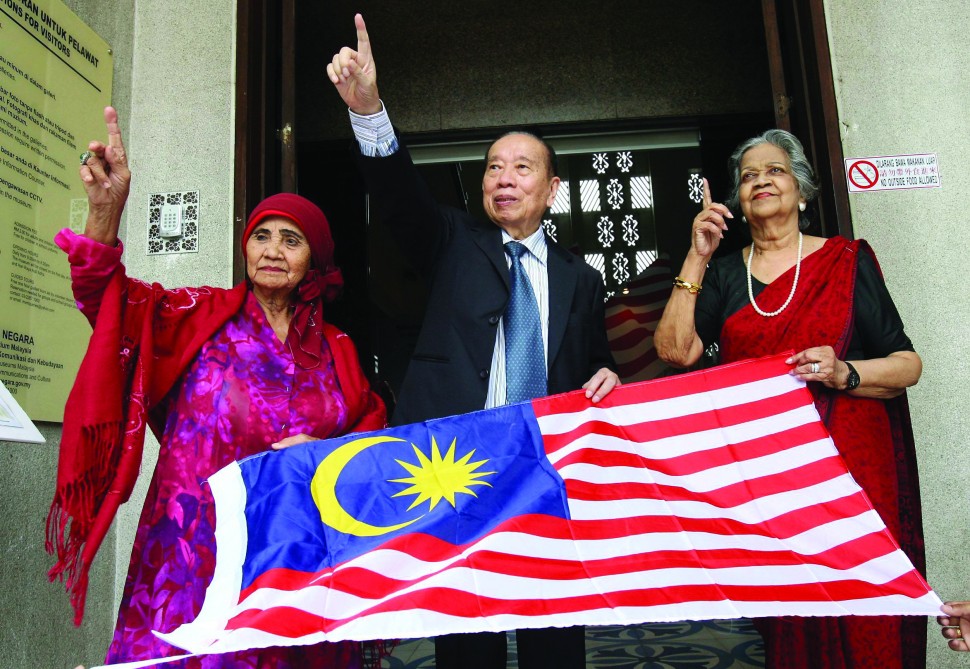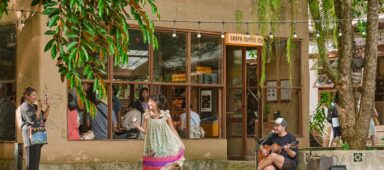With a single sacrifice for the country’s independence, Datuk Siti Rahmah Kassim earned her place among the nation’s beloved

In many Asian societies, gold is a safety net, a rainy-day fund, a nest egg. In the 1950s, at a time when few people had bank accounts, and stocks and shares were barely heard of, families hung on to their bits of gold jewellery and trinkets with great care.

Siti Rahmah Kassim was not much different. In 1957, she attended a political rally in the southwestern Malaysian state of Melaka just as British Malaya was closing in on independence from colonial Britain. In the crowded hall that day, she heard Tuanku Abdul Rahman, who later was to become Malaya's first prime minister, talk about a lack of funds to go to London to make a final push in the negotiations for the handover of power. So frustrated was he by the predicament that tears began to run down his cheeks.
Spontaneous Act
Moved by what she saw and heard, Siti Rahmah acted quickly and decisively. She took off her prized gold bangle, a wedding present from her father, and handed it over to Tuanku Abdul Rahman, placing the item in a red shawl. It was her gift to the budding nation. Emboldened by her own actions, she began to urge others to join in her effort. Soon, women were handing over pieces of gold jewellery. Men gave away their watches and rings. The nation was their cause. Siti Rahmah's spontaneous act had caused a ripple effect.
“There was a woman with a gold tooth. She wanted to give it away, so she went to the back (of the hall) to take it off in order to make a contribution,” Siti Rahmah told the Malay-language daily Utusan Malaysia in August 2015. Siti Rahmah's exploits cut no ice with her mother, who punished her with a beating.

The generosity of the audience that day helped Tuanku Abdul Rahman make the trip to London, and on 31 August that year, the Federation of Malaya formally gained independence.
Speaking many years later, Siti Rahmah told the national news agency Bernama that she had felt compelled to act, spurred on by her love for the country and people.
Pioneering Politics
Born in Rembau, Negri Sembilan, in November 1926, Siti Rahmah's political awakening came early. She joined a popular protest to oppose colonial plans for the country's future when she was 19. Ethnic Malays opposed the then-formation of Malayan Union, which they believed weakened Malay sovereignty. Siti Rahmah become a member of the United Malays National Organisation (UMNO), which formed the backbone of the Barisan Nasional coalition that ruled Malaysia from independence until May this year.
When Malaya held its first post-independence election in 1959, Siti Rahmah became one of the first women to contest, winning the Negeri Sembilan state assembly seat of Terentang as a candidate for the Barisan Nasional coalition. She was able to defend the seat in the1964 election and stood down in 1969. During her tenure she worked hard for women's welfare.
Throughout her life, Siti Rahmah continued to be involved in politics, holding various positions in the women's wing of UMNO, and serving in several non-governmental organisations, including the Islamic Welfare Organisation of Malaysia (Perkim).
“As long as I am alive, I will keep fighting because that's the spirit flowing in my blood since 1945, when I was starting to become familiar with politics,” she was quoted as saying in an interview with Utusan Melayu in June 2011. Toward the end of her life, Siti Rahmah was feted as a pioneering politician and honoured with the title of ‘Datuk’. She died in March 2017 due to age-related reasons. She was 90.





